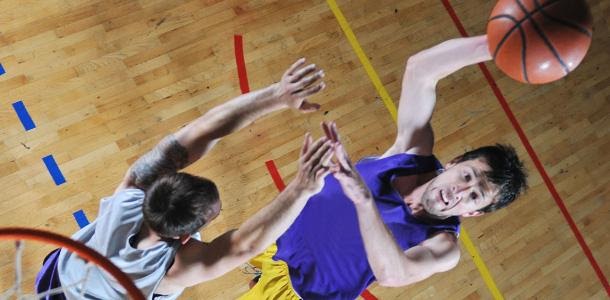Love full-contact sports? Beware of dental and orofacial injuries

Every form of exercise comes with its own degree of risk. You may accidentally sprain an ankle when running, or your shoulder when playing tennis. But broken and chipped teeth? These may sound unlikely, but they are actually more common than you think. These injuries are also known as orofacial injuries.
What are orofacial injuries?
Simply put, orofacial injuries are injuries occurring on your face. It can be anything from cuts to your lip, to small tooth fractures or chips. It can also be in the form of more serious injuries like Temporomandibular joint (located just below your ear) dislocations or fractures in your mandibular (jaw) and nasal bone. The most commonly injured area will be the upper lip, and the maxillary incisors (front 2 teeth) these make up about 90 percent of all orofacial injuries.
Such injuries commonly occur in most full-contact sports, but aren’t unheard off in non-contact sports as well. Some sports that mostly associated to it are; rugby, basketball, football, hockey, martial arts and boxing. Other exercises that might cause such injuries could be water sports like water polo, wake boarding, and weight lifting.
How do orofacial injuries occur?
Orofacial injures happen in various ways. Most commonly it is due to impact on the face and jaw area. As mentioned above, this usually happens from an impact to the face, be it from a nasty tackle or if heaven forbids, a falling dumbbell.
How are orofacial injuries treated?
Depending on the severity of your injury, treatment will vary accordingly. For example, simple injuries can be treated by dentists, who may recommend you undergo composite reconstruction or insert a dental crown. On the other hand, if you suffer from more serious injuries like facial fractures, you will be sent to the accident and emergency department to receive the appropriate treatment.
If a tooth is avulsed or displaced (broken or have fallen out) from the tooth socket, seeking treatment immediately is crucial. Delaying the treatment may cause permanent loss of your tooth. If you are unable to see a dentist immediately, store the tooth in a storage medium that will keep the cells alive for as long as possible. Saliva is the easiest and the most common medium to keep tooth cells alive, so placing the avulsed or displaced tooth under your tongue as you make your way to the dentist will be a good idea. If that is not possible, placing the tooth in milk works as well.
If the avulsed or displaced tooth is lost or is unable to be replanted, your dentist might recommend doing a crown or implantation.
How can orofacial injuries be prevented?
Such injuries can be reduced just by using a mouth guard. There are three kinds of mouth guards available today. The “off-the-shelf” mouth guard that are inexpensive but uncomfortable, the boil and bite: these are moulded to your teeth but are also uncomfortable and slightly bulky, and the custom fitted mouth guards that are made by a dentist. These are the most comfortable and the most protective mouth guards that are available.


